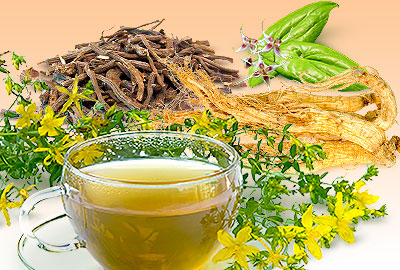Loss of libido, while a common occurrence during postmenopause, can negatively impact your relationship with your partner. Fortunately, if you have a better understanding of what is going on in your body during this transition, you will be better able to address this issue. Learn more about how to increase your sex drive during postmenopause.
Understand Your Symptom
When perimenopause begins, your hormones fluctuate. Estrogen, testosterone, and progesterone production plummets, leaving you with lower hormone levels than you have experienced since before puberty. Unfortunately, the levels remain relatively low even during postmenopause.
The drop in estrogen causes restricted blood flow to your vaginal walls, resulting in a lack of sensitivity and lubrication. Also, the drop in testosterone will cause decreased desire and likelihood of becoming aroused, as well as difficulty reaching an orgasm.
Add Daily Exercise
A sedentary lifestyle can stunt your blood circulation, as well as increase stress. When you are not in the mood for sex, sitting around won't help at all, and it can let negative emotions in.
Getting thirty minutes of exercise a day five days a week will not only improve your health, but it may increase your sex drive. Cardio increases serotonin and endorphin levels, which improve your mood. If you want an even deeper connection with your body, try yoga. This practice can improve balance, strength, and flexibility.
Stay Affectionate
Loss of libido should not damper physical affection between you and your partner. Just because your sex life may be shifting a bit during postmenopause, there is no excuse to not hold hands, cuddle, and embrace one another. Distance will make it harder to rekindle passion, so staying intimate is crucial.
It is also important to keep having sex. While you may not be as interested in sex as you once were, regular intercourse will increase your sex drive over time. Be sure to incorporate foreplay and lubrication when you and your partner are having sex.
Try Herbal Remedies
Herbs can restore sexual function, and many women in their postmenopause stage are thrilled by the improvement they find upon using them. Because of their phytoestrogenic compounds, black cohosh and dong quai are popular choices for treating loss of libido, since they help restore estrogen to the body.
Once you take control of your loss of libido during postmenopause, you will feel empowered. While you cannot completely halt the hormonal changes in your body, but you can manage many of your symptoms with these tips. Try one or more for at least a week and take note of the shifts in your sex life.
Sources
- Better Health Channel. (2013). Menopause. Retrieved April 4, 2014, from http://www.betterhealth.vic.gov.au/bhcv2/bhcarticles.nsf/pages/Menopause?open
- National Institutes of Health. (2013). Physical Activity: MedlinePlus Medical Encyclopedia. Retrieved April 4, 2014, from http://www.nlm.nih.gov/medlineplus/ency/article/001941.htm
- National Institutes of Health. (2014). Yohimbe. Retrieved April 4, 2014, from http://www.nlm.nih.gov/medlineplus/druginfo/natural/759.html
- Office of Dietary Supplements. (2008). Black Cohosh. Retrieved April 4, 2014, from http://ods.od.nih.gov/factsheets/BlackCohosh-HealthProfessional/



